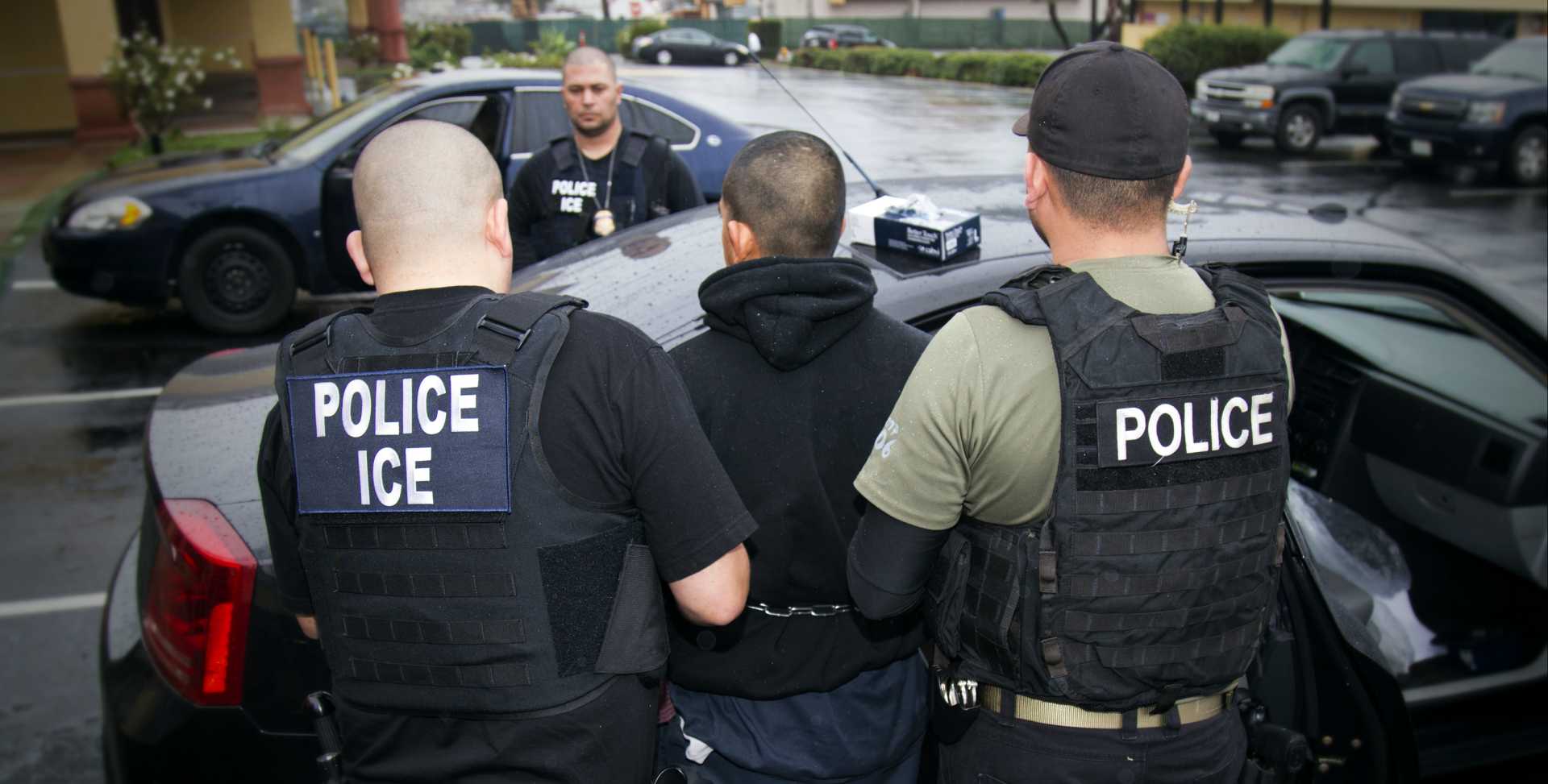Politics
Trump Administration Ends Immigration Protections for Schools, Churches

WASHINGTON — Federal immigration authorities will now be permitted to conduct arrests in and near sensitive locations such as schools, churches, and healthcare facilities, marking a significant shift from long-standing policies that protected these areas. Acting Homeland Security Secretary Benjamine Huffman announced the change on Tuesday, rescinding two Biden-era directives that had limited enforcement actions in such locations.
“Criminals will no longer be able to hide in America’s schools and churches to avoid arrest. The Trump Administration will not tie the hands of our brave law enforcement, and instead trusts them to use common sense,” Huffman said in a statement. The move signals a stark departure from the Biden administration’s approach, which had designated these areas as “protected” to ensure access to essential services and activities.
The new policy allows Immigration and Customs Enforcement (ICE) and Customs and Border Protection (CBP) agents to operate in locations previously off-limits, including disaster relief sites and social service establishments. The Biden administration had implemented these protections in 2021, citing concerns about stoking fear in immigrant communities and deterring children from attending school or seeking medical care.
In addition to ending the sensitive locations policy, the Department of Homeland Security (DHS) announced the phaseout of parole programs that allowed certain migrants to temporarily live and work in the United States. Republicans have criticized the Biden administration for expanding these programs, which they argue were abused to admit over 1.5 million migrants. The Trump administration plans to return the parole system to a “case-by-case basis,” according to the statement.
Tom Homan, Trump’s border czar, emphasized that ICE agents are now focused on apprehending migrants considered public safety threats. “ICE is back doing their job, effective today,” Homan said. He also warned that arrests could extend to migrants without criminal records, particularly in sanctuary cities where local law enforcement does not cooperate with federal immigration authorities.
Immigrant advocacy groups have expressed alarm over the changes, arguing that they will create widespread fear and deter vulnerable populations from accessing essential services. “This policy will have a chilling effect on immigrant communities, forcing families to choose between their safety and their basic needs,” said Maria Rodriguez, executive director of the Florida Immigrant Coalition.
The announcement follows President Trump’s executive order on Monday, which called for the termination of all categorical parole programs deemed inconsistent with his administration’s policies. The humanitarian parole program, which had provided temporary relief to migrants from Nicaragua, Cuba, Haiti, and Venezuela, is among those affected.
As the new policy takes effect, questions remain about its implementation and the potential for increased enforcement actions in sensitive locations. Critics warn that the changes could lead to unintended consequences, including the separation of families and the disruption of community trust.












